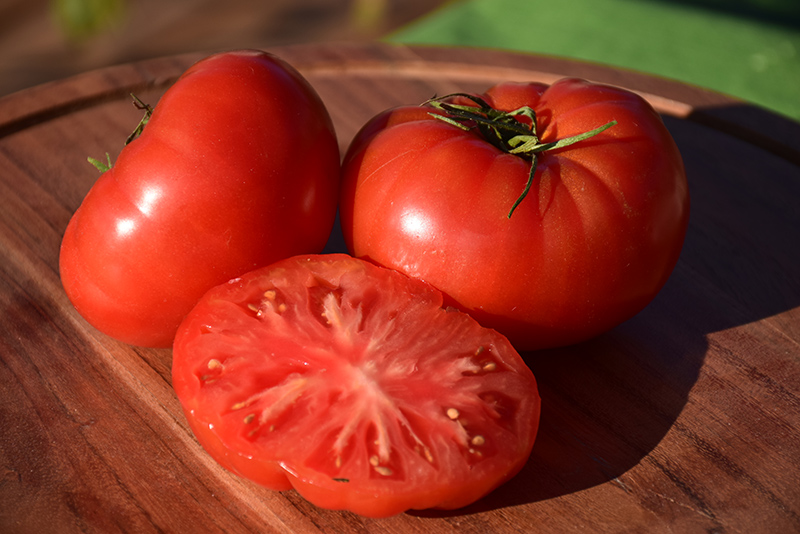Jersey Boy Tomato
Solanum lycopersicum 'Jersey Boy'
Height: 5 feet
Spacing: 24 inches
Sunlight:
![]()
Hardiness Zone: (annual)
Group/Class: Beefsteak-Indeterminate
Description:
Super fragrant and super flavorful, this large, vigorous variety is well suited to in-ground planting; productive plants produce high yields of large, deep pink tomatoes with a delicious, well balanced flavor; a fantastic choice for slicing or sandwiches
Edible Qualities
Jersey Boy Tomato is an annual vegetable plant that is typically grown for its edible qualities. It produces large rose round tomatoes (which are technically 'berries') with red overtones and rose flesh which are usually ready for picking from mid to late summer. This is an indeterminate variety, which means it produces fruit throughout the growing season. The tomatoes have a delicious taste and a pleasant fragrance.
The tomatoes are most often used in the following ways:
- Fresh Eating
- Eating When Cooked/Prepared
- Cooking
- Baking
- Canning
Planting & Growing
Jersey Boy Tomato will grow to be about 5 feet tall at maturity, with a spread of 4 feet. When planted in rows, individual plants should be spaced approximately 24 inches apart. Because of its vigorous growth habit, it may require staking or supplemental support. This fast-growing vegetable plant is an annual, which means that it will grow for one season in your garden and then die after producing a crop.
This plant can be difficult to integrate into a landscape or flower garden, and is best grown in a designated vegetable garden. It should only be grown in full sunlight. It does best in average to evenly moist conditions, but will not tolerate standing water. It may require supplemental watering during periods of drought or extended heat. This plant is a heavy feeder that requires frequent fertilizing throughout the growing season to perform at its best. It is not particular as to soil pH, but grows best in rich soils. It is somewhat tolerant of urban pollution. Consider applying a thick mulch around the root zone over the growing season to conserve soil moisture. This is a selected variety of a species not originally from North America, and it is considered by many to be an heirloom variety.

